» 博客 » 動物園網格: 安全和引人入勝的動物圍欄的關鍵
動物園網格: 安全和引人入勝的動物圍欄的關鍵
四月 14, 2024
動物園網格是動物園中使用的一種獨特類型的圍欄, 保護區, 和野生動物保護區. 它使動物保持安全和健康,並讓遊客清楚地看到它們. 由耐用的不鏽鋼製成, Zoo 網格可以靈活適應不同的空間. 它通過增加氣流和保持暢通無阻的視野來改進舊的圍欄樣式. Depending on the specific needs of each animal type, zoos can choose either woven or welded wire mesh.
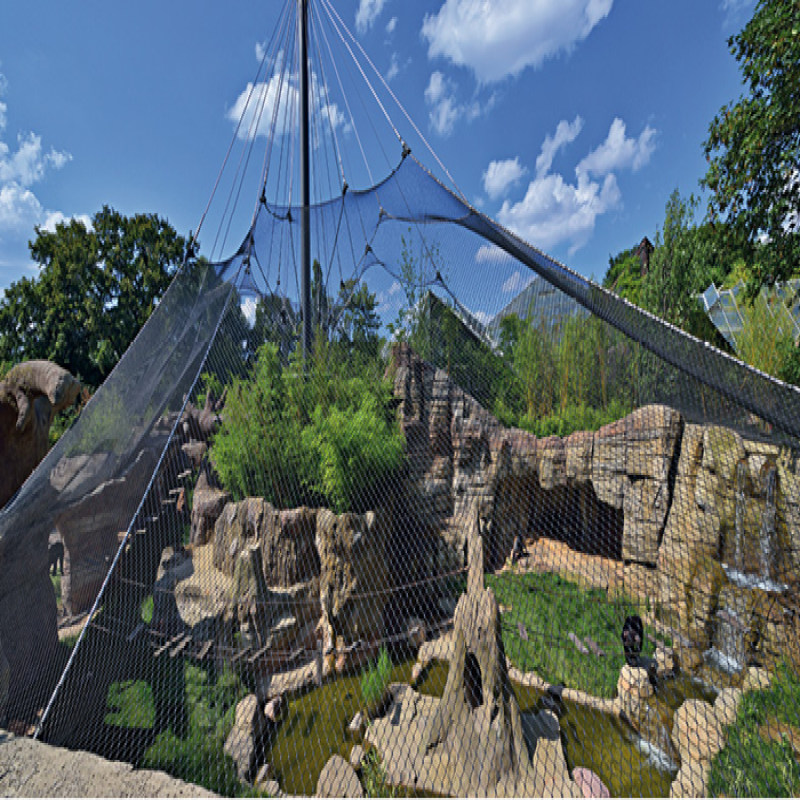
Key Properties and Benefits zoo mesh
Zoo mesh offers outstanding strength, 耐腐蝕性, and minimal maintenance. These properties allow it to endure harsh outdoor conditions and aggressive animal behaviors. Its durability and security reduce the need for frequent replacements and repairs.
Importance in Modern Zoos
Zoo mesh is essential for modern zoos and animal preserves, ensuring animal safety without harming their habitats. It creates barriers that mimic natural environments, supporting animal health and well-being.
Enhancing Animal Safety
Zoo mesh protects animals from external threats and prevents escapes. This keeps both animals and visitors safe. Zoos use this mesh to securely contain various animal species, including potentially dangerous ones.
Improving Visitor Experiences zoo mesh
Zoo mesh is nearly invisible from a distance, enhancing visitor experiences by providing clear views. This transparency allows visitors to observe natural animal behaviors. It also enhances the zoo’s aesthetic, making enclosures both beautiful and immersive.
動物園網格類型
Zoo mesh comes in several types, each designed for different needs in zoos and wildlife sanctuaries. Stainless steel rope mesh is popular for its strength and clear view, making it perfect for aviaries and enclosures for predators. You can choose from ferrule type, which uses ferrules to connect cables smoothly, or knotted type, which is stronger for tougher environments. 焊接鋼絲網適合較小型的哺乳動物和爬行動物,因為其結構較硬挺.
鏈接網是一種成本較低的選擇,適用於較大的圍欄. 它既耐用又具彈性. 擴張金屬網最適合高安全性區域,因為它非常堅固,可以防止任何逃脫或入侵. 對於較輕量的需求, 如小型鳥類飛鳥籠, 波紋鋼絲網是理想選擇,因為它防腐蝕且可保持良好視野. 每種網眼類型滿足特定的安全需求, 視野等級, 並適合所飼養動物的自然行為.
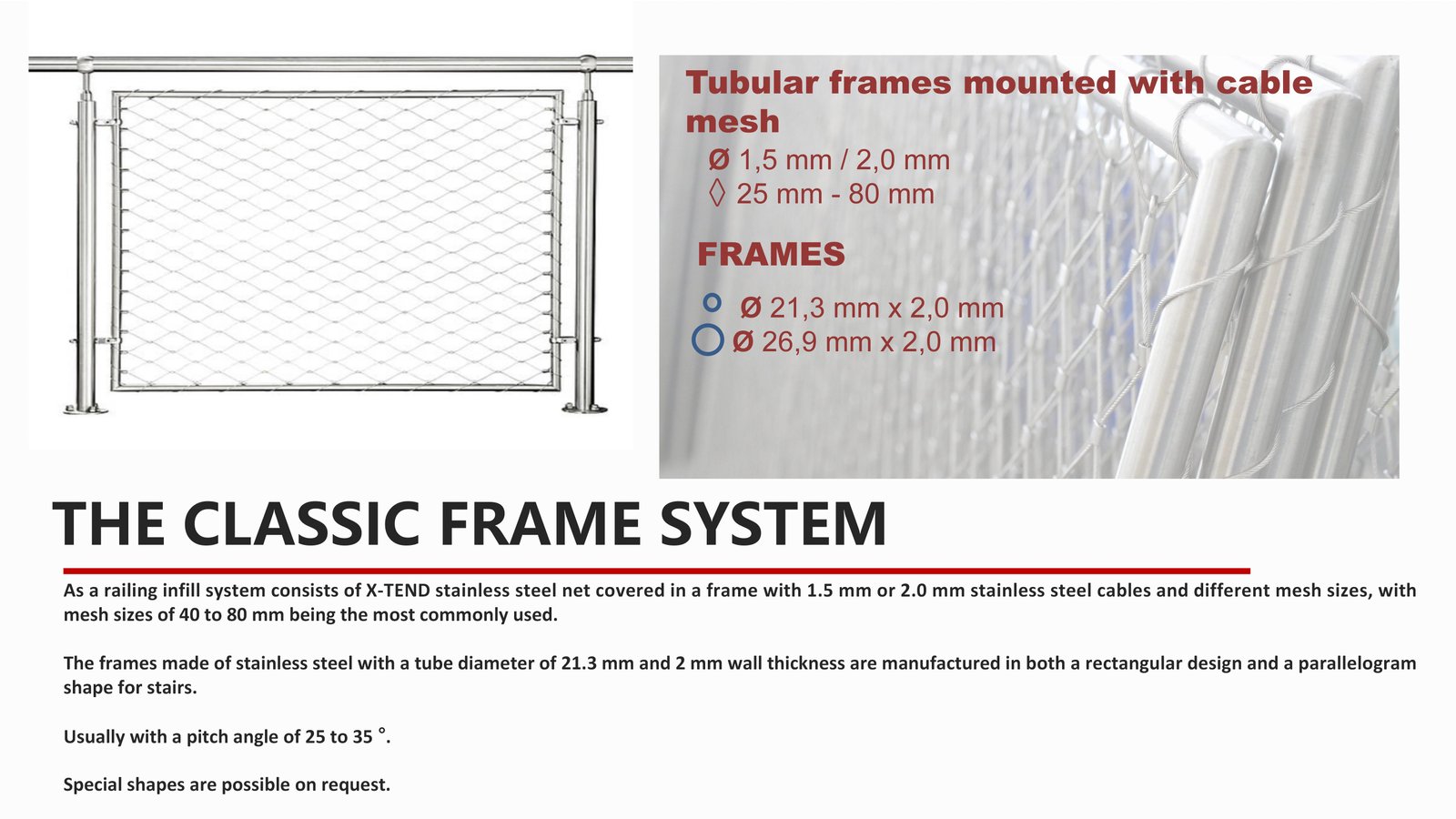
規格端子繩網

| 商品編號 | 電纜直徑 | 網眼尺寸(寬×高) | ||
| 英寸 | 毫米 | 英寸 | 毫米 | |
| BZ-32120F | 1/8 | 3.2 | 4.75 x 8.23 | 120 x 207.8 |
| BZ-32102F | 1/8 | 3.2 | 4 x 6.9 | 102 x 176.7 |
| BZ-3290F | 1/8 | 3.2 | 3.55 x 6.15 | 90 x 156 |
| BZ-3276F | 1/8 | 3.2 | 3 x5.2 | 76 x 131.6 |
| BZ-3251F | 1/8 | 3.2 | 2 x3.46 | 51 x88.3 |
| BZ-24102F | 3/32 | 2.4 | 4×6.9 | 102×176.7 |
| BZ-2490F | 3/32 | 2.4 | 3.55×6.15 | 90x 156 |
| BZ-2476F | 3/32 | 2.4 | 3 x 5.2 | 76x 131.6 |
| BZ-2460F | 3/32 | 2.4 | 2.4x 4.16 | 60x 104 |
| BZ-2451F | 3/32 | 2.4 | 2×3.46 | 51 x 88.3 |
| BZ-2076F | 5/64 | 2.0 | 3 x 5.2 | 76 x 131.6 |
| BZ-2060F | 5/64 | 2.0 | 2.4x 4.16 | 60 x 104 |
| BZ-2051F | 5/64 | 2.0 | 2 x 3.46 | 51 x 88.3 |
| BZ-2038F | 5/64 | 2.0 | 1-1/2 x 2.6 | 38 x 65.8 |
| BZ-1676F | 1/16 | 1.6 | 1.2 x2.08 | 76 x 131.6 |
| BZ-1651F | 1/16 | 1.6 | 2x 3.46 | 51 x 88.3 |
| BZ-1638F | 1/16 | 1.6 | 1-1/2 x 2.6 | 38 x 65.8 |
| BZ-1630F | 1/16 | 1.6 | 1.2×2.08 | 30 x 52 |
| BZ-1625F | 1/16 | 1.6 | 1 x 1.73 | 25.4 x 44 |
| BZ-1238F | 3/64 | 1.2 | 1-1/2×2.6 | 38 x 65.8 |
| BZ-1230F | 3/64 | 1.2 | 1.2 x 2.08 | 30 x 52 |
| BZ-1225F | 3/64 | 1.2 | 1 x 1.73 | 25.4 x 44 |
| BZ-1220F | 3/64 | 1.2 | 4/5 x 1.39 | 20 x 34.6 |
Specifications Knotted Rope zoo mesh:
Unlike ferrule rope mesh, knotted rope mesh uses knots to secure the intersections, providing a robust and secure form of enclosure. This type is highly durable and often used for larger, heavier animals due to its superior strength.

| 商品編號 | 電纜直徑 | 電纜直徑 (毫米) | 網孔開口尺寸 | 網孔開口尺寸 (毫米) |
|---|---|---|---|---|
| BMP-3212W | 1/8″ | 3.2 | 4.75 x 4.75 | 120 x 120 |
| BMP-3210W | 1/8″ | 3.2 | 4 x 4 | 102 x 102 |
| BMP-3290W | 1/8″ | 3.2 | 3.55 x 3.55 | 90 x 90 |
| BMP-3276W | 1/8″ | 3.2 | 3 x 3 | 76 x 76 |
| BMP-3250W | 1/8″ | 3.2 | 2 x 2 | 51 x 51 |
| BMP-2410W | 3/32″ | 2.4 | 4 x 4 | 102 x 102 |
| BMP-2490W | 3/32″ | 2.4 | 3.55 x 3.55 | 90 x 90 |
| BMP-2476W | 3/32″ | 2.4 | 3 x 3 | 76 x 76 |
| BMP-2460W | 3/32″ | 2.4 | 2.4 x 2.4 | 60 x 60 |
| BMP-2450W | 3/32″ | 2.4 | 2 x 2 | 51 x 51 |
| BMP-2076W | 5/64″ | 2.0 | 3 x 3 | 76 x 76 |
| BMP-2060W | 5/64″ | 2.0 | 2.4 x 2.4 | 60 x 60 |
| BMP-2050W | 5/64″ | 2.0 | 2 x 2 | 51 x 51 |
| BMP-2038W | 5/64″ | 2.0 | 1-1/2 x 1-1/2 | 38 x 38 |
| BMP-1676W | 1/16″ | 1.6 | 3 x 3 | 76 x 76 |
| BMP-1650W | 1/16″ | 1.6 | 2 x 2 | 51 x 51 |
| BMP-1638W | 1/16″ | 1.6 | 1-1/2 x 1-1/2 | 38 x 38 |
| BMP-1630W | 1/16″ | 1.6 | 1.2 x 1.2 | 30 x 30 |
| BMP-1625W | 1/16″ | 1.6 | 1 x 1 | 25.4 x 25.4 |
| BMP-1238W | 3/64″ | 1.2 | 1-1/2 x 1-1/2 | 38 x 38 |
| BMP-1230W | 3/64″ | 1.2 | 1.2 x 1.2 | 30 x 30 |
| BMP-1225W | 3/64″ | 1.2 | 1 x 1 | 25.4 x 25.4 |
| BMP-1220W | 3/64″ | 1.2 | 4/5 x 4/5 | 20 x 20 |
2. 焊接金屬絲網
Welded wire mesh is made by welding steel wires at every intersection, creating a uniform and sturdy grid. It is commonly used for mammals and birds due to its high security and ability to withstand significant force.
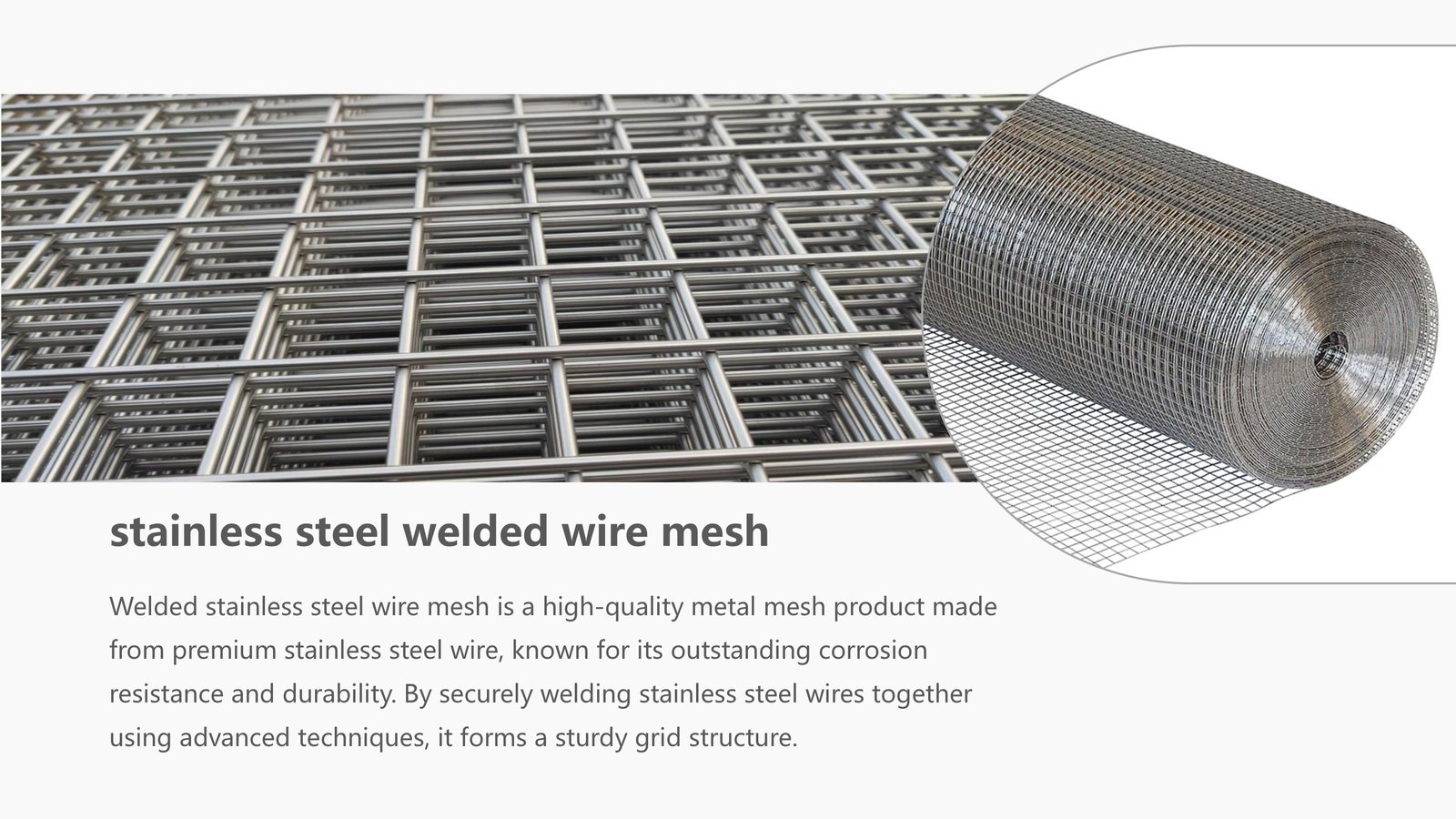
Galvanized Wire Mesh
| 開放 | 線徑 (BWG公司) | In Inches | In Metric Units (毫米) |
|---|---|---|---|
| 1/4″ x 1/4″ | 22, 23, 24 | 6.4毫米 x 6.4 毫米 | 6.4 x 6.4 |
| 3/8″ x 3/8″ | 19, 20, 21, 22 | 10.6毫米 x 10.6 毫米 | 10.6 x 10.6 |
| 1/2″ x 1/2″ | 16, 17, 18, 19, 20, 21, 22, 23 | 12.7毫米 x 12.7 毫米 | 12.7 x 12.7 |
| 5/8″ x 5/8″ | 18, 19, 20, 21 | 16毫米 x 16 毫米 | 16 x 16 |
| 3/4″ x 3/4″ | 16, 17, 18, 19, 20, 21 | 19.1毫米 x 19.1 毫米 | 19.1 x 19.1 |
| 1″ x 1/2″ | 16, 17, 18, 19, 20, 21 | 25.4毫米 x 12.7 毫米 | 25.4 x 12.7 |
| 1-1/2″ x 1-1/2″ | 14, 15, 16, 17, 18, 19 | 38毫米 x 38 毫米 | 38 x 38 |
| 1″ 2 個″ | 14, 15, 16 | 25.4毫米 x 50.8 毫米 | 25.4 x 50.8 |
| 2″ 2 個″ | 12, 13, 14, 15, 16 | 50.8毫米 x 50.8 毫米 | 50.8 x 50.8 |
Galvanized Weld Wire Mesh for Zoo Mesh
| 開放 | 線徑 (毫米) | In Inches | In Metric Units (毫米) |
|---|---|---|---|
| 2″ 3 倍″ | 2.0, 2.5, 1.65 | 50毫米 x 75 毫米 | 50 x 75 |
| 3″ 3 倍″ | 2.67, 2.41, 2.11, 1.83, 1.65 | 75毫米 x 75 毫米 | 75 x 75 |
| 2″ 4 倍″ | 2.11, 2.5 | 50毫米 x 100 毫米 | 50 x 100 |
| 4″ 4 倍″ | 2.0, 2.5 | 100毫米 x 100 毫米 | 100 x 100 |
PVC塗層焊接網
| 開放 | 線徑 (BWG公司) | In Inches | In Metric Units (毫米) |
|---|---|---|---|
| 1/2″ x 1/2″ | 16, 17, 18, 19, 20, 21 | 12.7毫米 x 12.7 毫米 | 12.7 x 12.7 |
| 3/4″ x 3/4″ | 16, 17, 18, 19, 20, 21 | 19毫米 x 19 毫米 | 19 x 19 |
| 1″ 1 倍″ | 15, 16, 17, 18, 19, 20 | 25.4毫米 x 25.4 毫米 | 25.4 x 25.4 |
不鏽鋼焊接金屬絲網
General Purpose Stainless Steel Welded Mesh (30m Rolls)
Stainless steel welded wire mesh is a highly durable, 強, and versatile material made by welding steel wires together at their intersections. It offers excellent resistance to rust and corrosion due to its stainless steel composition, making it ideal for a wide range of applications. The mesh is available in various gauges and sizes, allowing for its use in industrial, architectural, and horticultural projects as well as in zoos for animal enclosures. Its aesthetic appeal is appreciated in design applications, while its functionality is valued in structural uses. The welded points ensure stability and rigidity, making it a reliable choice for fencing, support structures, and safety barriers.
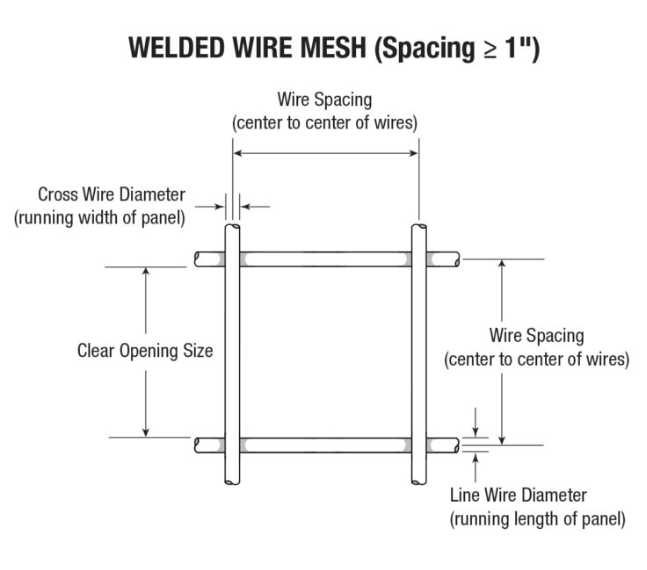
| Mesh mm | Diam mm | Width mm | 等級 304 | 等級 316 |
|---|---|---|---|---|
| 6.35 x 6.35 | 0.63 | 190.5 | ✓ | |
| 6.35 x 6.35 | 0.63 | 915 | ✓ | ✓ |
| 6.35 x 6.35 | 0.63 | 1220 | ✓ | |
| 6.35 x 6.35 | 0.80 | 1220 | ✓ | ✓ |
| 9.50 x 9.50 | 0.80 | 1220 | ✓ | |
| 9.50 x 9.50 | 1.00 | 1220 | ✓ | ✓ |
| 9.50 x 9.50 | 1.00 | 1525 | ✓ | ✓ |
| 11.0 x 11.0 | 0.80 | 1220 | ✓ | ✓ |
| 12.7 x 12.7 | 1.00 | 1220 | ✓ | ✓ |
| 50.8 x 50.8 | 2.00 | 1220 | ✓ |
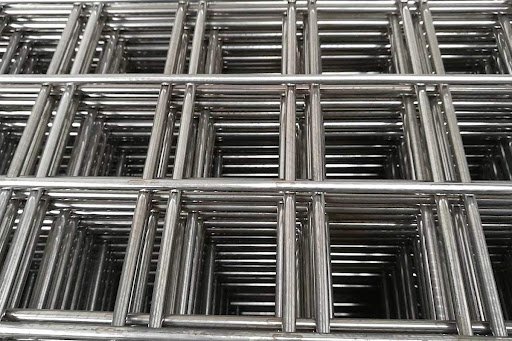
通用不銹鋼焊接面板 (1200毫米 x 2400毫米)
| Mesh mm | Diam mm | Width mm | 等級 304 | 等級 316 |
|---|---|---|---|---|
| 25 x 25 | 2.5 | 1200 | ✓ | ✓ |
| 25 x 25 | 3.00 | 1200 | ✓ | ✓ |
| 25 x 50 | 3.00 | 1200 | ✓ | |
| 40 x 40 | 3.00 | 1200 | ✓ | ✓ |
| 40 x 40 | 4.00 | 1200 | ✓ | ✓ |
| 50 x 50 | 3.00 | 1200 | ✓ | ✓ |
| 200 x 200 | 6.00 | 1200 | ✓ |
不銹鋼屋頂安全網 (1800毫米 x 30米卷)
| Mesh mm | Diam mm | 等級 | 完成 |
|---|---|---|---|
| 150 x 300 | 2 | 316 | 未塗層 |
| 150 x 300 | 2 | 316 | 黑色 PVC |
不銹鋼焊接網 (30m Rolls)
| Mesh mm | Diam mm | Width mm | 等級 |
|---|---|---|---|
| 6.35 x 6.35 | 0.80 | 1220 | 304 |
| 9.50 x 9.50 | 1.00 | 1220 | 304 |
| 12.7 x 12.7 | 1.00 | 1220 | 304 |
3. 捲曲金屬絲網
波浪折彎鋼絲網是在編織前將不銹鋼鋼絲以之字形折彎. 這種預折彎工藝增強了結構強度, 適用於中型動物籠舍及需要額外安全的區域.
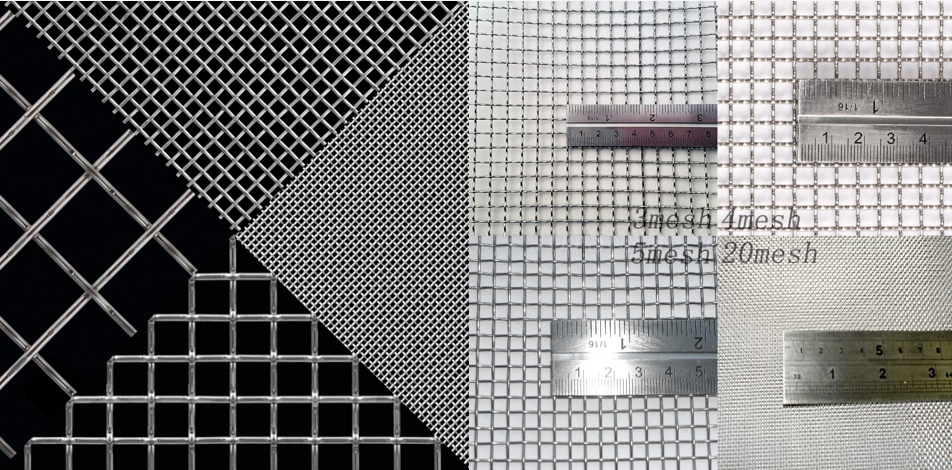
| 線徑 (毫米) | 孔徑 (毫米) | 網孔 | 長度 (M) | 重量 (公斤) |
|---|---|---|---|---|
| 4.00 | 40 | 0.58 | 30 | 142 |
| 4.00 | 30 | 0.75 | 30 | 182 |
| 4.00 | 25 | 0.87 | 30 | 213 |
| 3.2 | 25 | 0.87 | 30 | 141 |
| 3.2 | 20 | 1.1 | 30 | 169 |
| 2.6 | 20 | 1.12 | 30 | 116 |
| 2.6 | 18 | 1.23 | 30 | 127 |
| 2.6 | 15 | 1.44 | 30 | 173 |
| 2.0 | 15 | 1.49 | 30 | 92 |
| 2.0 | 12 | 1.8 | 30 | 110 |
| 2.0 | 10 | 2.12 | 30 | 127 |
| 2.0 | 8 | 2.54 | 30 | 155 |
| 1.8 | 7 | 3.0 | 30 | 149 |
| 1.8 | 6 | 3.25 | 30 | 161 |
| 1.6 | 7 | 3.0 | 30 | 117 |
| 1.6 | 6 | 3.35 | 30 | 131 |
| 1.6 | 5 | 3.85 | 30 | 150 |
| 1.6 | 4 | 4.5 | 30 | 176 |
| 1.6 | 3 | 5.5 | 30 | 215 |
| 1.4 | 6 | 3.5 | 30 | 105 |
| 1.4 | 5 | 4.0 | 30 | 120 |
| 1.4 | 4 | 4.7 | 30 | 140 |
| 1.2 | 8 | 2.7 | 30 | 59 |
| 1.2 | 7 | 3.1 | 30 | 68 |
4. 六角金屬絲網
亦稱雞網, 六角形鋼絲網是將細鋼絲扭成六角形孔製成的. 它通常用於小型鳥類籠舍或小型哺乳動物棲息地, 以最少的材料提供足夠的保護和限制.
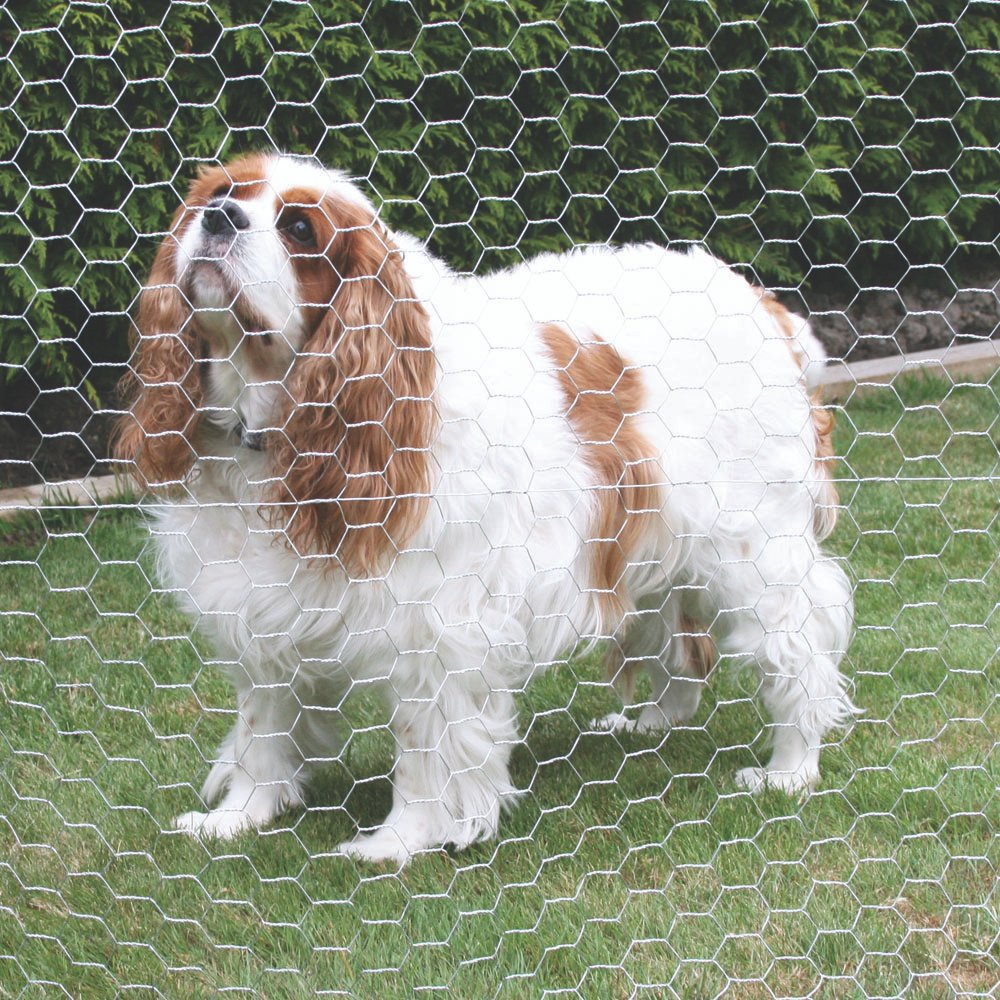
六角網規格:
| 類型 | 網格尺寸 (英寸) | 網格尺寸 (毫米) | 線徑/直徑 (BWG/mm) |
|---|---|---|---|
| 鍍鋅 (正捻) | 3/8″ | 10 | 32, 31, 30, 29, 28, 27, 26, 25, 24, 23, 22, 21 |
| 鍍鋅 (正捻) | 1/2″ | 13 | 27, 26, 25, 24, 23, 22, 21, 20 |
| 鍍鋅 (正捻) | 5/8″ | 16 | 32, 31, 30, 29, 28, 27, 26, 25, 24, 23, 22, 21 |
| 鍍鋅 (正捻) | 3/4″ | 20 | 25, 24, 23, 22, 21, 20, 19 |
| 鍍鋅 (正捻) | 1″ | 25 | 27, 26, 25, 24, 23, 22, 21, 20, 19, 18 |
| 鍍鋅 (正捻) | 1-1/4″ | 32 | 23, 22, 21, 20, 19, 18 |
| 鍍鋅 (正捻) | 1-1/2″ | 40 | 23, 22, 21, 20, 19, 18, 17 |
| 鍍鋅 (正捻) | 2″ | 50 | 23, 22, 21, 20, 19, 18, 17, 16, 15, 14 |
| 鍍鋅 (正捻) | 2-1/2″ | 65 | 21, 20, 19, 18 |
| 鍍鋅 (正捻) | 3″ | 75 | 21, 20, 19, 18, 17, 16, 15, 14 |
| 鍍鋅 (正捻) | 4″ | 100 | 19, 18, 17, 16, 15, 14 |
| 鍍鋅 (反捻) | 1″ | 25 | 25, 24, 23, 22, 21, 20, 19, 18 |
| 鍍鋅 (反捻) | 1-1/4″ | 32 | 23, 22, 21, 20, 19, 18 |
| 鍍鋅(反捻) | 1-1/2″ | 40 | 23, 22, 21, 20, 19, 18, 17 |
| 鍍鋅 (反捻) | 2″ | 50 | 23, 22, 21, 20, 19, 18, 17, 16 |
| 鍍鋅 (反捻) | 3″ | 75 | 20, 19, 18, 17, 16 |
請注意,表格中提供的數值僅為規格的一般代表. 實際規格可能因製造商及應用的特定需求而有所不同. 請務必諮詢製造商,以確定您特定專案的最佳規格.
5. 膨脹金屬動物園籠舍
膨脹金屬網是通過切割並拉伸金屬板以形成開放的菱形圖案製作而成. 這種網格耐用,提供良好的可見性和安全性, 使其適合各種動物圍欄使用, 包括鳥類和爬行動物的圍欄.

膨脹金屬 Zoo 外殼規格表
| 規範 | 選項 |
|---|---|
| 材料 | 鋁, 軟鋼, 不鏽鋼板, 電鍍鋼, 等. (定製) |
| 孔型 | 金剛石孔, 六角孔, 扇形孔, 等. |
| 孔徑 (毫米) | 8×16, 10×20, 20×40, 30×60, 40×60, 40×80, 60×100, 100×150, 等. (定製) |
| 股線尺寸 (毫米) | 0.2毫米 — 10 毫米 |
| 厚度 (毫米) | 0.1毫米 — 3 毫米 |
| 片材尺寸 | 由買家定製 |
| 表面處理 | 粉末噴塗, PVDF 塗層, 電鍍, 陽極 氧化, 等. |
| 應用 | 外牆覆層, 幕牆, 建築覆層, 安全圍欄, 等. |
| 包裝方法 | 石膏膜木箱, 木質/鋼棧板, 或其他特殊方法 |
| 品質管理 | ISO 證書, SGS 證書 |
| 售後服務 | 產品檢測報告, 在線跟進 |
6. 鍊式圍欄
鍊式圍欄是另一種受歡迎的動物園網格類型. 由鍍鋅或塗層鋼線編織成菱形圖案, 鍊式圍欄具成本效益且安裝簡便. 它們提供高水平的安全性,通常用於較大型動物的圍欄以及動物園周邊的障礙隔離.

動物園鍊式圍欄規格
| 開口尺寸 (毫米) | 線徑 (毫米) | 表面處理 | 網格寬度 (m) | 網格長度 (m) |
|---|---|---|---|---|
| 200×200 | 4 | 熱浸鍍鋅 | 0.5-5.0 | 1-50 |
| 150×150 | 3 | 熱浸鍍鋅 | 0.5-5.0 | 1-50 |
| 100×100 | 3.5 | 熱浸鍍鋅 | 0.5-5.0 | 1-50 |
| 80×80 | 3 | 熱浸鍍鋅 | 0.5-5.0 | 1-50 |
| 60×60 | 2.5 | 熱浸鍍鋅 | 0.5-5.0 | 1-50 |
| 50×50 | 2.5 | 熱浸鍍鋅 | 0.5-5.0 | 1-50 |
| 40×40 | 3 | 熱浸鍍鋅 | 0.5-5.0 | 1-50 |
| 30×30 | 2.5 | 熱浸鍍鋅 | 0.5-5.0 | 1-50 |
| 20×20 | 1 | 熱浸鍍鋅 | 0.5-5.0 | 1-50 |
| 80×80 | 3.0/4.0 (PVC塗層) | PVC 塗層 | 0.5-5.0 | 1-50 |
| 60×60 | 2.5/3.5 (PVC塗層) | PVC 塗層 | 0.5-5.0 | 1-50 |
| 55×55 | 2.0/3.0 (PVC塗層) | PVC 塗層 | 0.5-5.0 | 1-50 |
| 50×50 | 2.0/3.0 (PVC塗層) | PVC 塗層 | 0.5-5.0 | 1-50 |
| 45×45 | 3.0/4.0 (PVC塗層) | PVC 塗層 | 0.5-5.0 | 1-50 |
| 40×40 | 2.0/3.0 (PVC塗層) | PVC 塗層 | 0.5-5.0 | 1-50 |
小鳥禽舍鍊式圍欄
| 線徑 (毫米) | 網格尺寸 (毫米) | 卷長 (m) | 標準網高 (毫米) | 標準柱高 (毫米) |
|---|---|---|---|---|
| 1 | 5×5 | 10 | 500 | 1000 |
| 1 | 5×5 | 10 | 1000 | 1500 |
| 1.2 | 10×10 | 10 | 1250 | 2000 |
| 1.2 | 20×20 | 10 | 1500 | 2000 |
| 1.4 | 20×20 | 10 | 2000 | 2500 |
| 1.8 | 30×30 | 10 | 2500 | 3000 |
| 2.5 | 40×40 | 10 | 3000 | 3500 |
| 2.8 | 50×50 | 10 | 4000 | 4500 |
| 3 | 50×50 | 10 | 5000 | 5500 |
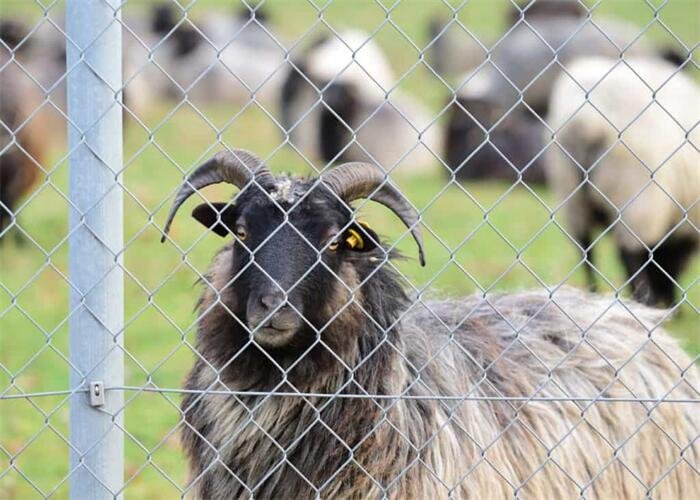
Zoo Mesh 的應用
動物園網格已改變了動物園環境的創建和維護方式, blending the practical aspects of animal safety with the aesthetic demands of modern design. This versatile material has found applications in various areas of zoo construction and management, notably in the creation of animal enclosures and safety barriers.
Animal Enclosures zoo mesh
Birds and Aviaries
For our feathered friends, the zoo mesh provides not only a boundary but also a space to thrive. The specific mesh type selected for aviaries is crucial to accommodate the diverse species housed within. Smaller mesh apertures are typically used for tiny, nimble birds like finches and canaries, preventing them from slipping through gaps or becoming injured. 相反地, larger birds such as eagles or vultures require a more robust mesh that can withstand the force of their beaks and talons, 通常由較粗的金屬線製成.
哺乳動物
談到哺乳動物時, 動物的體型和力量是重要考量因素. 靈長類動物圈舍的動物園網格, 例如, 需要特別堅固以承受它們的攀爬和揮動習性. 大型貓科動物, 如獅子和老虎, 需要能承受這些雄偉生物先天力量和敏捷度的網格. 網格必須在提供安全的同時不妨礙視野——這有助於增進動物園遊客的教育視覺體驗.
遊客安全
動物園網格透過雙重功能提升遊客安全. 它保持遊客與動物之間的安全距離, 防止任何潛在傷害. 動物園設計師仔細規劃網狀隔離欄的位置和高度,以防止人們攀爬或伸手進入圍欄,同時保持視野清晰. 這些隔離欄如同無聲的守護者——有效但不突兀.
動物圈養
動物園的安全性與倫理聲譽在很大程度上取決於其防止動物逃脫的能力. 動物園工作人員根據每個物種的行為模式和體能能力量身定制網狀隔離欄. 例如, 他們為水生圍欄設計耐腐蝕的網格. 同樣地, 他們為猴島製作既靈活又足夠堅固的網格,以允許自然活動而不危及逃脫.
動物園網格的安裝技術
動物園網格的正確安裝與其設計和材料選擇同樣重要. 從規劃到最後的收尾工作, 每一步都需要細心關注細節,以確保網格不僅具備功能性,還能提升動物園整體美感.
規劃與設計
測量與定制安裝
在任何動物園網格安裝之前, 必須精確測量圍欄. 這是一個關鍵步驟, 因為通常需要定制以符合每個空間的獨特尺寸和輪廓. 為了測量圍欄以安裝網格, 需要對該區域的周長以及任何潛在障礙有全面了解. 這些測量將決定所需網格面板的尺寸和形狀.

美學整合
將動物園網格與整體主題和設計相融合,需要對細節有敏銳的觀察力. The mesh should complement the naturalistic habitats created for the animals, and it should be as invisible as possible to give visitors the illusion of an uninterrupted view. When planning, consider how the mesh will blend with the vegetation, rocks, and other design elements to create a cohesive and immersive environment.

Physical Installation
Tools and Equipment Needed
A successful installation hinges on having the right tools and equipment. Necessary items typically include:
- Measuring tape for accurate dimensions
- Wire cutters for trimming the mesh to size
- Pliers for manipulating the wire
- Tensioning tools to ensure the mesh is taut and secure
- Fasteners and anchors appropriate for the specific installation surfaces
- Protective gear to ensure the safety of the installation team
Step-by-Step Installation Process
動物園網格的安裝過程通常遵循以下步驟:
- 準備工作: 清理區域內的任何雜物或障礙物. 如有需要, 準備網格將錨定的地面或表面.
- 測量: 使用規劃階段所採集的尺寸, 將網格剪裁至所需大小, 留出一些額外以便調整.
- 定位: 將剪好的網格放置在圍欄結構上, 確保其正確且均勻地貼合. 在固定前必要時進行調整.
- 固定: 從一個角落開始, 使用張力工具拉緊網格. 使用適當的固定裝置將網格固定在結構上, 沿著網格逐步固定以避免下垂或出現空隙.
- 最終檢查: 網格安裝完成後, 檢查整個表面以確保沒有鬆動區域或可能的逃逸點. 透過施加輕微壓力測試網格的穩定性.
- 最後修飾: 修剪多餘的材料,並確保所有緊固件都被覆蓋或磨平,以防止對動物或遊客造成傷害.
按照這種有條理的方法, 動物園網格可以高效且安全地安裝, 在支撐動物園環境美觀價值的同時,保持動物圍欄的完整性. 最終目標始終是創建安全的圍欄, 耐用, 並盡可能隱形,以提供沉浸式的遊客體驗和舒適的動物棲息環境.
動物園網格的保養與維護
例行檢查
定期檢查是動物園網格維護的重要方面. 經常檢查可確保動物圍欄的完整性和安全性. These inspections should be thorough and focused on key areas such as the mesh’s tension, the condition of fasteners, signs of wear or corrosion, and any potential damage caused by animals or environmental factors. A checklist for regular maintenance should include:
- Checking for broken wires or loose connections.
- Inspecting the mesh for signs of rust or corrosion, especially in welded areas.
- Ensuring that the mesh has not been stretched or deformed.
- Verifying that all gates and openings function correctly and securely.

Repair and Replacement
Identifying When Repairs Are Needed
Damage to the zoo mesh can compromise the safety of both the animals and the visitors. It’s crucial to identify when repairs are necessary—typically when there are visible signs of damage such as broken wires or when the mesh has been significantly deformed.
Techniques for Repairing Minor Damages
For minor damages, repair techniques might include rewelding broken wires or replacing small sections of the mesh. It’s important to address these repairs quickly to prevent larger issues.
Full Replacement Considerations
Sometimes, damages or the wear and tear of time necessitate a complete replacement of the mesh. Factors influencing this decision include the extent of corrosion, irreversible deformation, or when a particular area has undergone repeated repairs. The complete replacement should be carried out by professionals, following the original installation protocols to ensure the continued safety and structural integrity of the enclosures.
Case Studies and Examples of Zoo Mesh
Successful Implementations
Several zoos across the globe have successfully implemented zoo mesh in their designs. 例如, the aviary mesh at the Singapore Bird Park provides an unobstructed view while ensuring the safety of its diverse bird species. 同樣地, the gorilla enclosures at the San Diego Zoo utilize specialized mesh that supports the animals’ climbing behavior without compromising durability.
Lessons Learned
Common challenges in zoo mesh applications include managing the balance between visibility and strength and ensuring long-term durability against weather and animal impact. Solutions have been developed through material innovations and design alterations, such as using coated meshes for added longevity and designing enclosures that cater to the specific behaviors of different species.
Conclusion and Future Trends zoo mesh
Zoo mesh is crucial in modern zoos, providing secure, attractive enclosures that improve both visitor experience and animal welfare. Mesh design innovations are evolving, with new materials and techniques enhancing functionality and sustainability. Future developments might include smart meshes that monitor enclosure integrity in real time. Other advances could involve materials that blend more seamlessly into natural habitats. As zoos evolve, zoo mesh will play a larger role in creating safe, 引人入勝, and educational spaces. This expansion is driven by technological progress and a commitment to animal conservation and visitor experience.




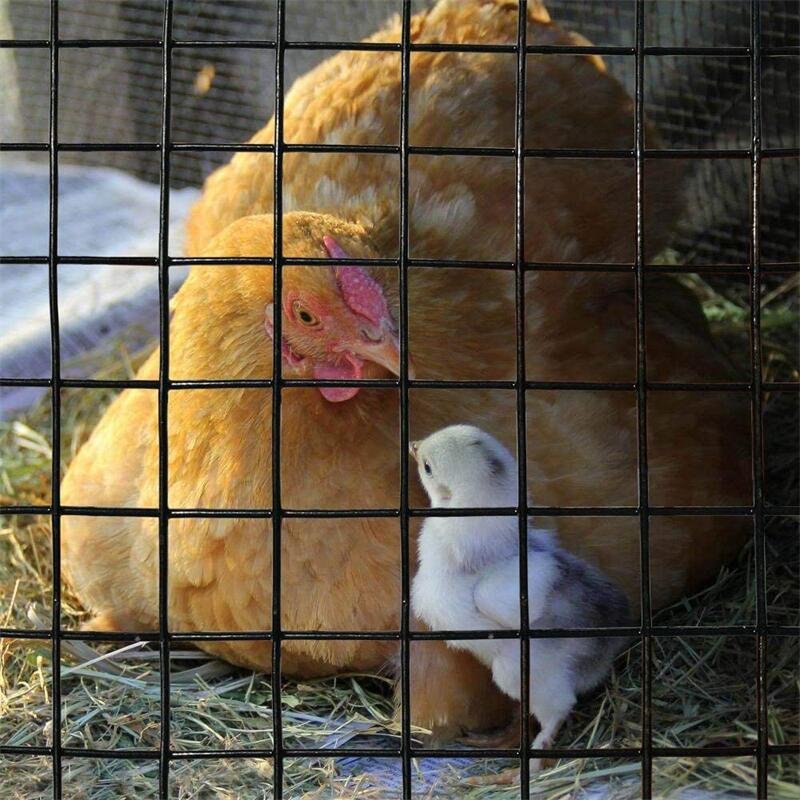
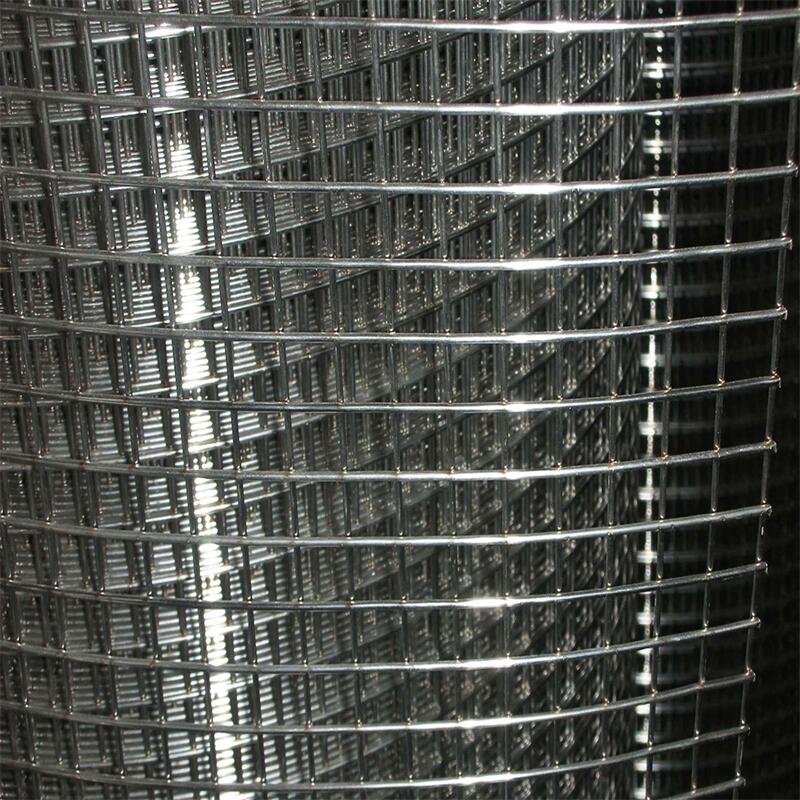
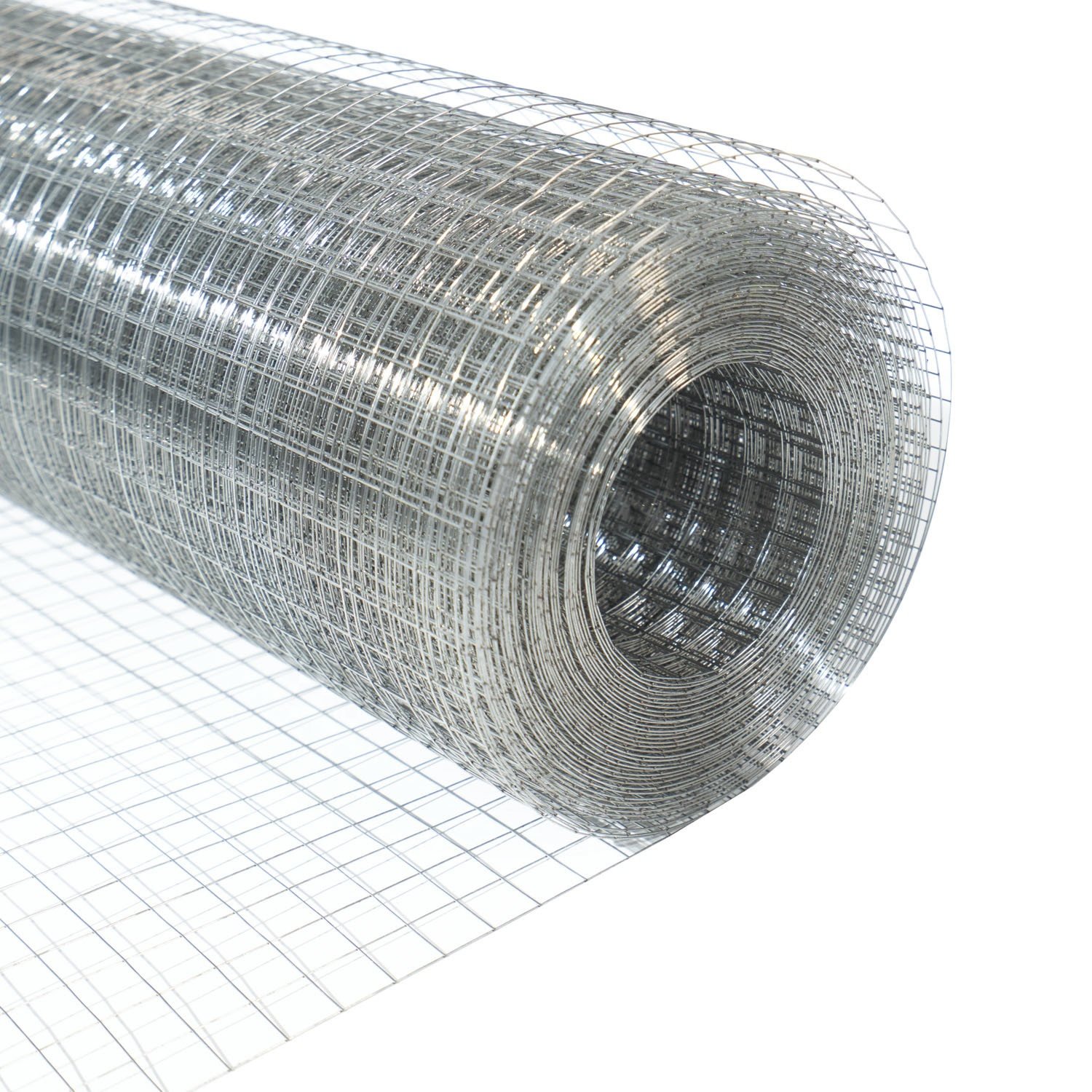

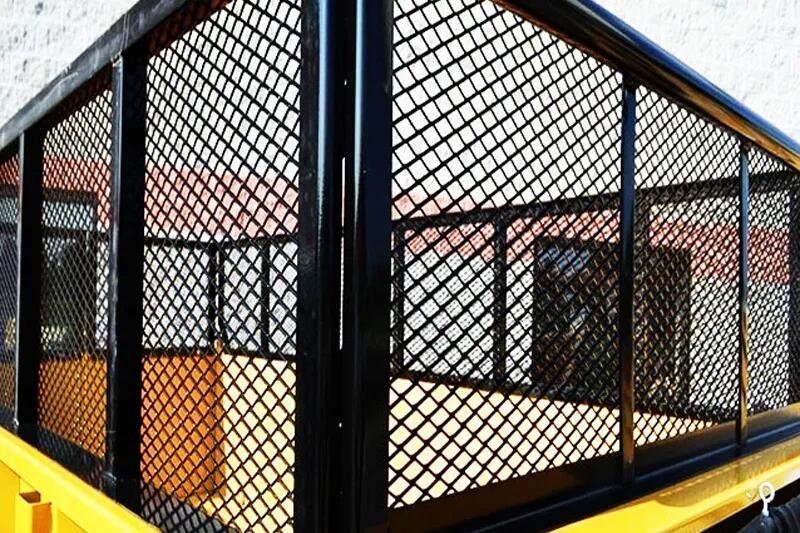
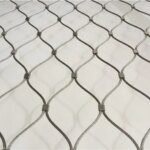 退貨政策
退貨政策 不鏽鋼電纜交織網是完美的選擇
不鏽鋼電纜交織網是完美的選擇 不鏽鋼電纜開孔套圈網
不鏽鋼電纜開孔套圈網 動物園網格: 加強動物園的安全和福祉
動物園網格: 加強動物園的安全和福祉 動物園網格: 安全和引人入勝的動物圍欄的關鍵
動物園網格: 安全和引人入勝的動物圍欄的關鍵